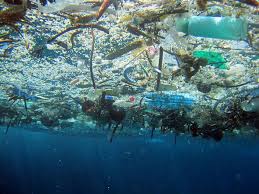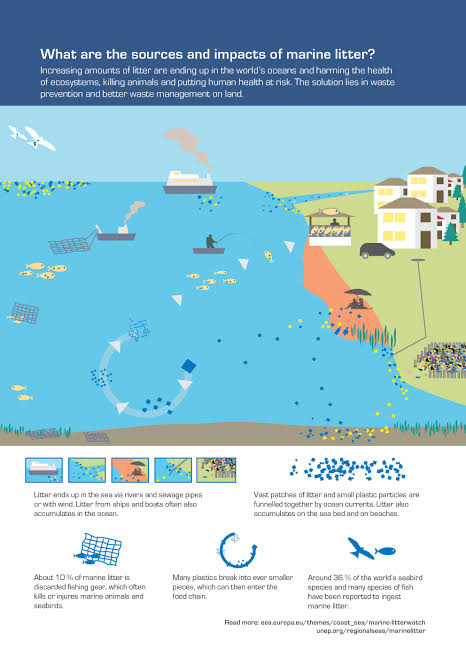Recently, India and Germany signed Cities combating plastic entering the marine environment’.

The agreement was signed by the Ministry of Housing and Urban Affairs and the respective ministry of Germany.
Key Points:
- The project envisaged under the contours of the Joint Declaration of Intent regarding cooperation in the field of ‘Prevention of Marine Litter’ signed between Republic of India and Federal Republic of Germany in 2019.
- It aims to prevent plastic entering the marine environment.
- Focus will be on three cities namely Kanpur, Kochi and Port Blair.
- Total time for the project is 3.5 years.
About Marine Litter:
According to UN Environment, marine litter is any persistent, manufactured or processed solid material discarded, disposed of or abandoned in the marine and coastal environment.
Sources:
- Items that have been made or used by people and deliberately discarded into the sea or rivers or on beaches.
- indirectly brought to the sea by rivers, sewage, storm water or winds.
- accidentally lost, including material lost at sea in bad weather (fishing gear, cargo)
- deliberately left by people on beaches and shores.

Impacts:
- Marine litter threatens ecosystems and adversely affects fishery and tourism industries around the globe.
- Affects public health with increased concerns about micro-plastic and risk of particles entering the food chain.
Suggestions
- Port reception facilities
- Creating a garbage management system
- Sewage treatment plants designed to capture plastic litter.
- Strict enforcement of norms preventing human led plastic waste discharge into aquatic and marine environments.
Get an IAS/IPS ranker as your 1: 1 personal mentor for UPSC 2024
